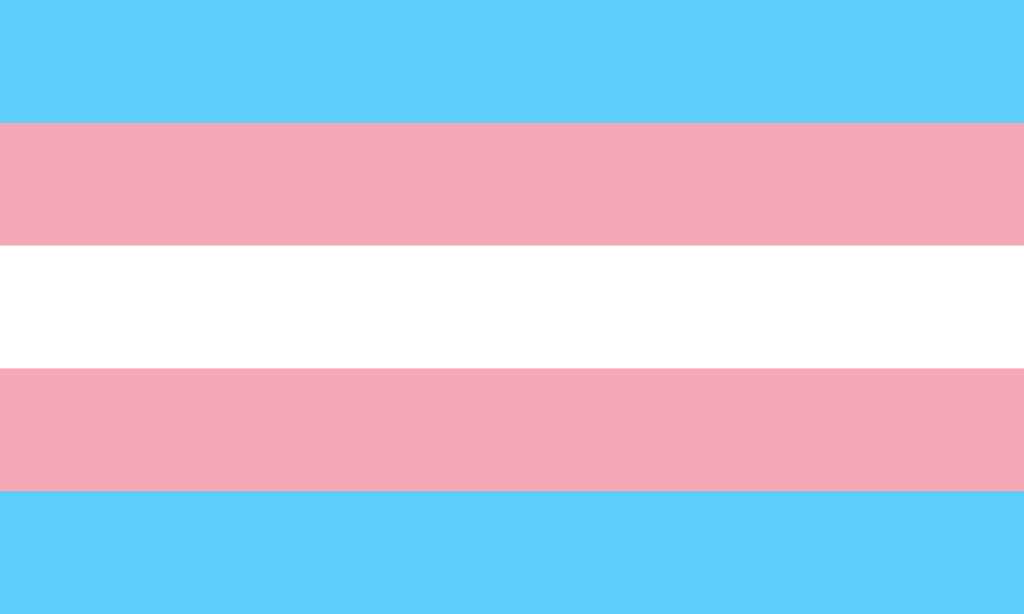On the one hand I somewhat hate my old name and getting referred to as male, but on the other hand I would actually have to correct others to use my preferred name/pronouns.
Edit: Its not that im uncomfortable with she/her or that I have to fear of people having a negative reaction over it, but instead that I simply do not like to correct people so I do not “fulfill” the st ereotype of “the annoying trans person that constantly annoys you about pronouns”. Is it completely irrational to think like that (especially since all of the people I interact with are very accepting)? Yes! Do I still feel that way? Also yes!


I fuck up people’s pronouns all the time and feel really bad about it. I promise it’s not targeted. The thing is: I’m someone who fucks up when I speak all the time.
It’s not hatred. I’m just kinda dumb.
not sure if you’re trans yourself, but in case this helps: as a trans person, when someone gets my pronouns wrong, it’s more important to me to know they aren’t doing it maliciously, so catching it and correcting yourself or just showing any kind of awareness or quick apology helps clarify in the situation that you aren’t trying to be malicious or denying my gender.
The intention matters more than the mistake is what I’m trying to say - the mistake itself is not a big deal when I’m visibly trans and I expect people to get it wrong, I just want to know if you’re safe to be around or not, basically.
Though I should say, once I was less visibly trans and cis-passing, a mispronouning can be devastating to me. Since it’s rare, when it does happen, it makes me think I’ve done something terribly wrong with my gender presentation or the way I am speaking - it feels dehumanizing and totally disturbing now.
But tbh, the mispronouning only happens now with people who knew me before I transitioned, and usually only when they have not spent much time around me since I transitioned. They mostly remember me as my pre-transition self. It’s habituated for them to refer to me as he/him regardless of my presentation, and when they look at me they are used to seeing a man, so they don’t see a woman but instead they notice all the markers of my maleness.
Meanwhile, cis strangers who have no history seeing me as a man don’t know to look for male markers, and what they see is a woman so they never notice the discrepancies and they never get the pronouns wrong.
Not all trans people have the same experiences, though - some are more disturbed by mispronouning regardless, so it’s important to understand the sensitivities or experiences of the individual. I just wanted to give you my perspective in case it helps.
When you’re making good faith efforts to use the right words, being conscientious, and just in general trying to be a good friend, that’s more important than using the right words all the time. I mean, my mother sometimes calls me the name of her brother. And her other brother. Pretty much all of her brothers. Sometimes the brain misfires carrying words from the mind to the tongue and it’s not really anyone’s fault.
It’s typically easy to tell whether a person is being forgetful or hateful.
The worst one I do is my sister’s NB spouse. I knew them for decades before they realized they were NB and let us know, and I screw it up with them all the time. It’s not because I don’t support them. It’s because I don’t see anything different about them. They’re still family and they make my sister and their son happy.
We still nerd out over the same stuff and and our relationship hasn’t really changed at all. So I slip and refer to them as “him.” I think sometimes that my love for them and who they’ve always been has in a way blinded me to the outward change.